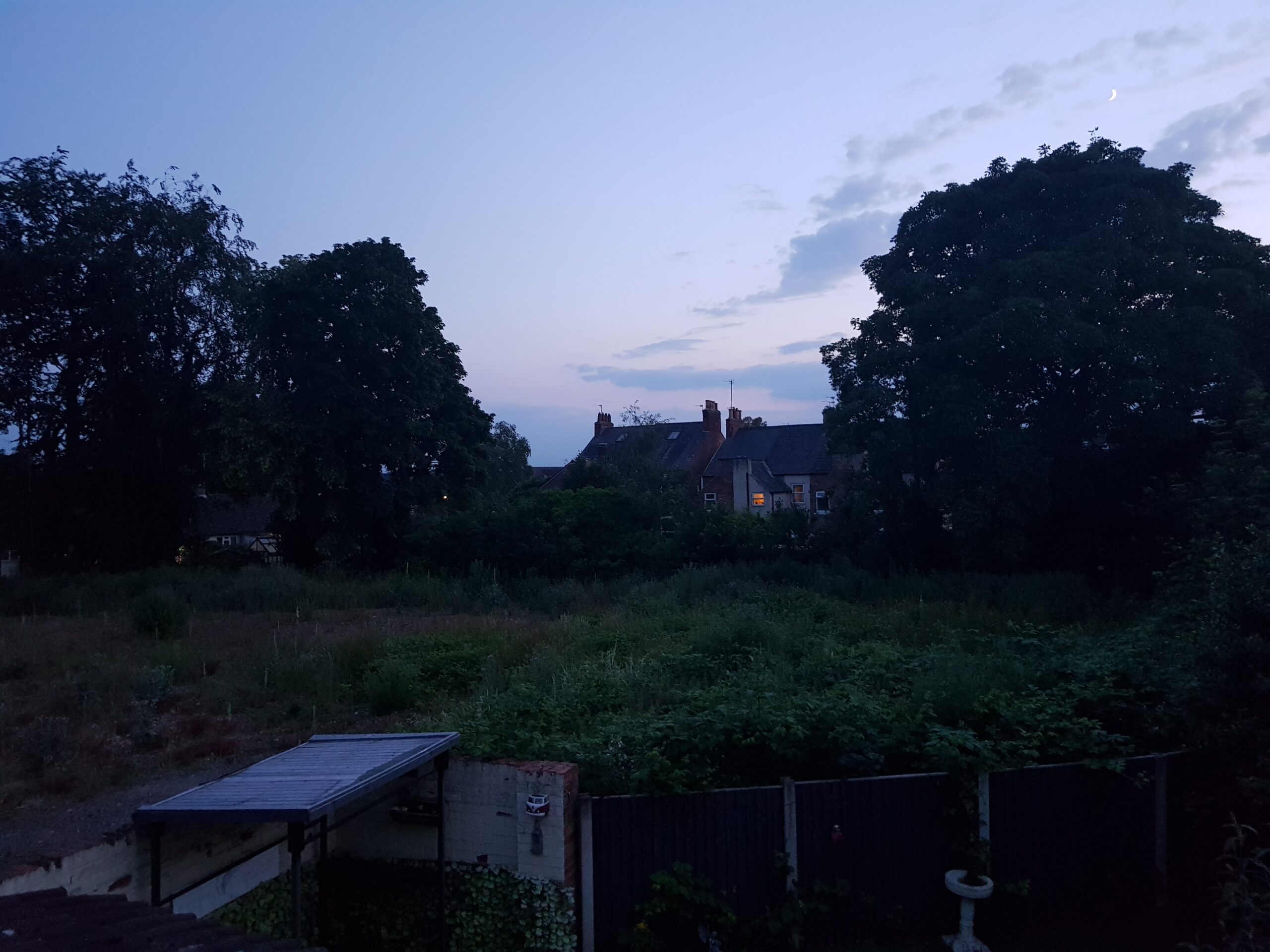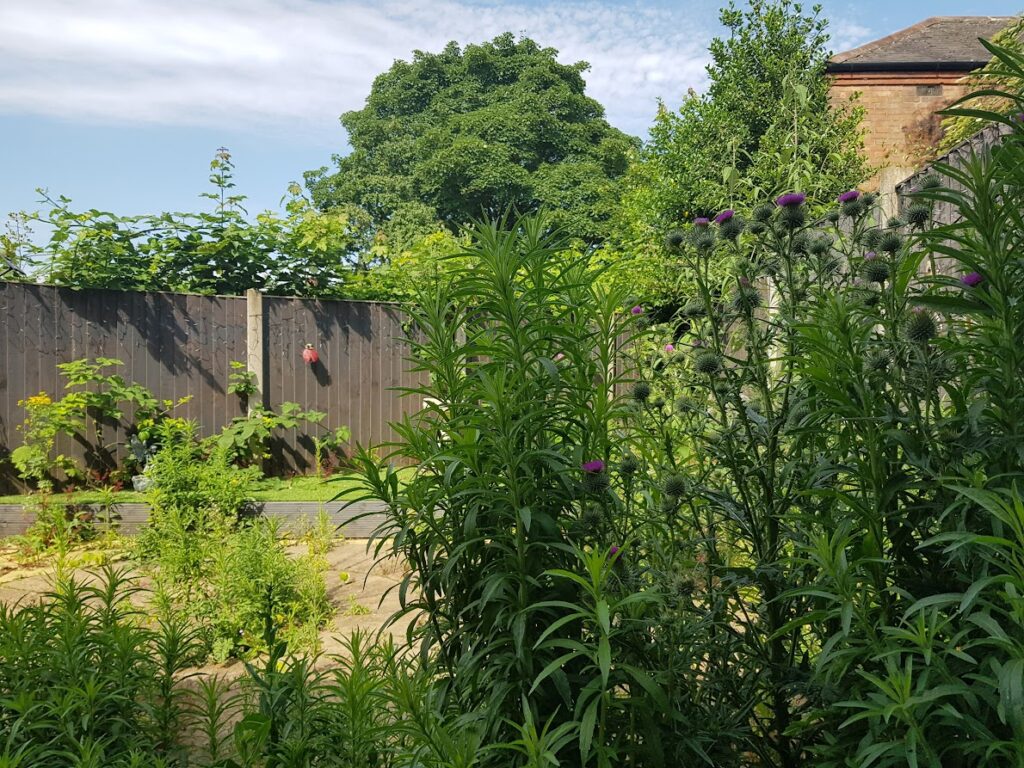God has spoken to me a lot this year. Not directly, perhaps, as in those cliche ground-shaking commands from on high. Instead, it’s felt more grounded, like the Spirit showing and prompting me. Taking me by the hand and showing me what I’ve missed.
At times, that’s come through prayer and meditation. Other times, teaching has come from a video I’ve seen online or someone on social media explaining their take on a piece of scripture. Sometimes, it even comes from my own Bible study.
What’s remarkable is that since I started writing under a Christian banner on Substack, I’ve been getting what I can only describe as downloads of understanding. And they’re most definitely downloads I wasn’t getting before.
Downloads from somewhere else. Somewhere altogether better.
At times, it’s felt like trying to unpack a zip file the size of an entire planet, often with nothing more than a dial-up modem and a 486 processor for support.
Most times, it’s like I’ve been able to hear my brain’s internal processors straining to compute. Other times, it’s like I can literally feel my brain overheat. But if I was ever in doubt, I know these downloads are from God, simply because it’s data that has instantly stretched me further as I’ve tried to come into renewed alignment.
Yep. God truly is good. And I’ve only recently understood the mechanics behind that phrase. That is to say that God makes everything good. Because once it’s good, it can multiply and grow.
Aligning with God in this way feels scary but exhilarating. Exciting and mind-blowing but also colossal and so far beyond what I could have ever thought possible. And that is, I guess, another way to prove that God exists. Ask and listen. Then, see what happens to you after you say yes.
It won’t be what you think.
I want to post this because it feels important to say. I’ve encountered a lot of other Christian content creators his year, and their work has helped inspire me, especially in the face of my own pride and limitations.
Increasingly, I feel God is prompting me to join them. As a fiction author and copywriter, I feel like He is nudging me and saying that now is the time to try. Finally. In my own bumbling, limited way, of course. But to do it all in His name and for His glory.
As with all leaps of faith, I don’t know where this will lead. But it feels like the right thing to do. It feels awesome to align in a direction the Lord has already prepared. And so, in that respect, I suppose you could say that it’s been a truly good year.
Here’s to 2025.












